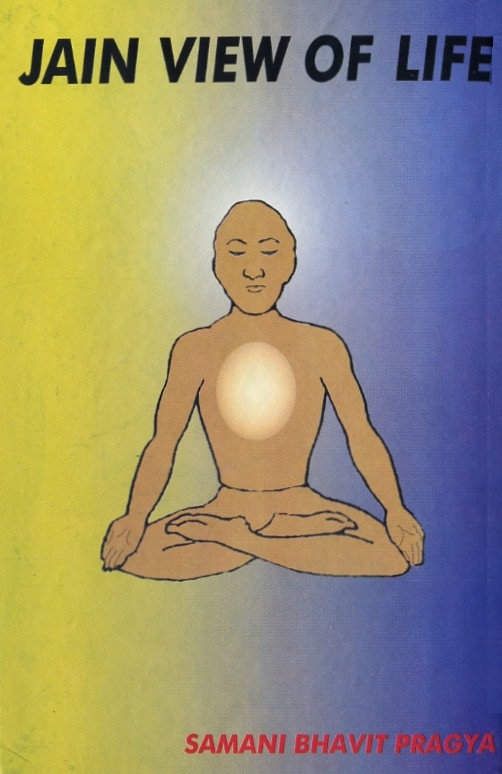Tenderheartedness
Tenderheartedness means compassion. The word compassion is the translation of the Sanskrit word "Karuna", which means the tenderheartedness of the soul.
A disciple asked Lord Mahavira, "how many doors of religion are there?".
The Lord said, "There are four doors to religion". The disciple further asked, "which are they?" The Lord replied, "They are Forgiveness, Liberation, Straightforwardness, Tenderheartedness".
Tenderheartedness is one of the four doors that gives entry to the mansion of religion. Without entering the door of religion no one can reach up to the mansion. Tenderheartedness is the first and foremost quality of the religion. A religious person will always be tenderhearted. Tenderheartedness means humility or modesty. It is the exact opposite of vanity, ego etc. In other words, tenderheartedness is the whole abandonment of cruelty. A tenderhearted man is full of compassion. Sulas, the son of Kaal Saukarika was a living example of compassion.
There lived a slaughterer name Kaal Saukarika in Rajagriha. He used to kill five hundred buffaloes. Time passed and Kaal Saukarika eventually died. The relatives of Sulas insisted that he should take over his father's business. They brought the buffalo and gave him a sword. The relatives told him to kill the buffalo and to take charge of his father's work. Sulas responded by saying, "violence is a big sin, killing a buffalo is considered as violence. I will not indulge into it. The relatives further insisted Sulas, "you must follow the tradition of your ancestors". There is no sin in earning a livelihood".
Sulas said to him, "I have to bear fruits of my karma". They told him, "Don't worry about any pain. We will share your pain".
While looking around, Sulas struck the sword into his thigh. The blood started to flow profusely. Sulas addressed them and said, "Share my pain". The relatives said to him "you have wounded yourself so then you have to bear the pain".
Sulas replied with a clarity of speech, "I will not indulge in violence as per your suggestion".
Sulas had moved intimately with compassion. Compassion had spread into every drop of his blood. It is said that if a person plants the seed of compassion in his mind, he would be able to stop cruelty. By being a compassionate person he never exploits others. He never ignores happiness and the comfort of others to keep themselves happy and pleased.
The saintly poet of India called Tukaram went all the way to bring holy water from the River Ganges for coronation of his deity from Maharastra to Banaras. On the way back, he saw a donkey suffering from thirst. Tukaram was moved by this and he took pity on the donkey. He instantly poured the holy water in the mouth of the donkey which was meant for the deity. No sooner did the donkey drink the water he quickly opened his eyes. By doing this, Tukaram felt a great relief. By being tenderhearted a great soul can never harm others. The intention in one's heart for other's welfare and upliftment comes from a tenderhearted person like the river that flows down from the peaks of the mountains for the benefit of others, similarly, the great souls condescend and make an effort for upliftment of mankind out of compassion. A religious person will always be compassionate.
Once Gautam asked Lord Mahavira, "What does one gain from being tenderhearted?" The Lord replied, Gautam! tenderheartedness creates a feeling of oneness by putting an end to the feeling of separateness. Tenderheartedness is the gateway of entering into religion. Having entered into it, a person becomes free from arrogance, cruelty and irreligiousness. By being of a tenderhearted nature, a person is accessible to all human beings.
A religious person will always be compassionate. A person who is religious but not tenderhearted is like a day without light.
 Samani Bhavit Pragya
Samani Bhavit Pragya
